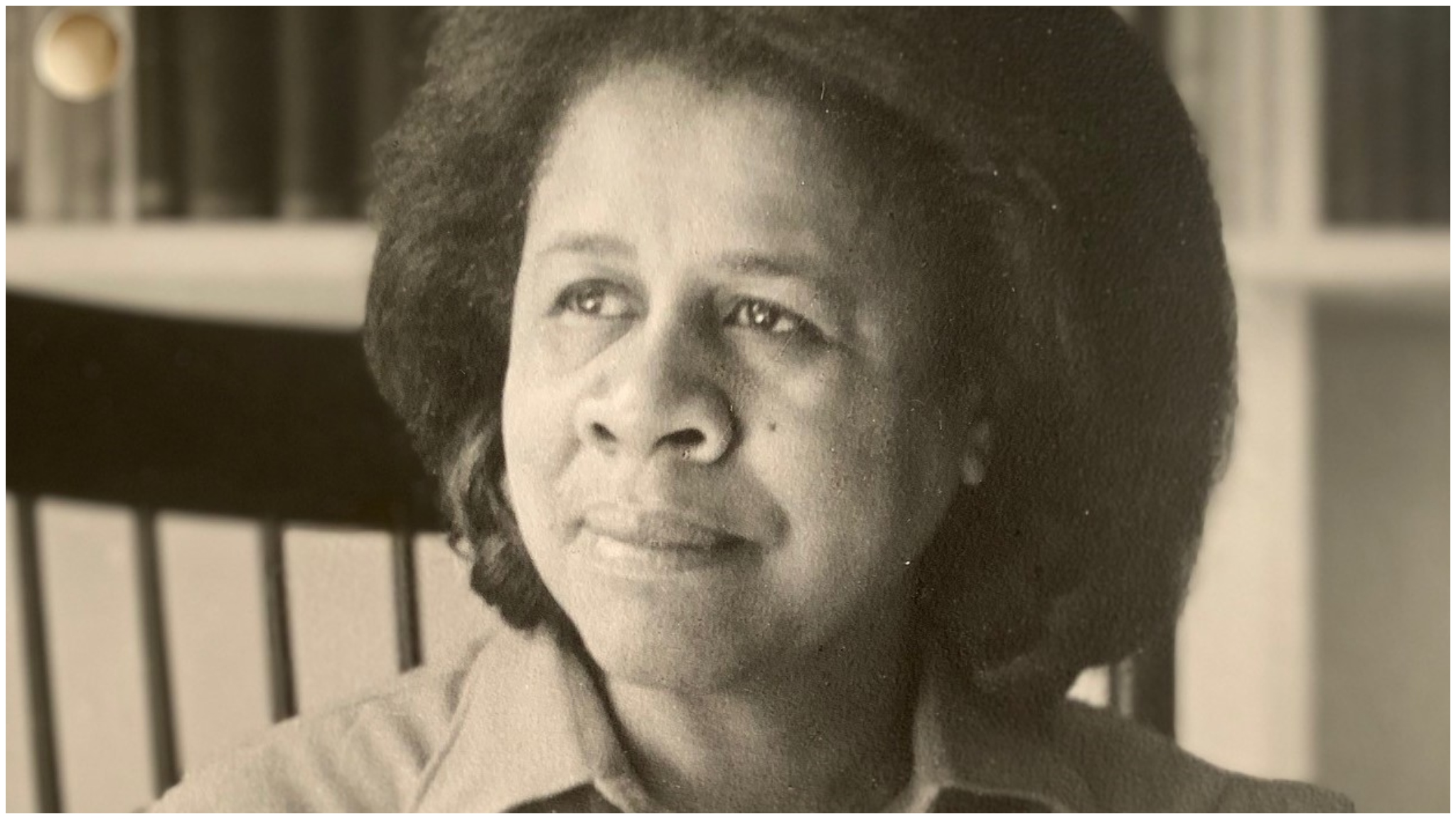Honoring a Trailblazer in British Psychoanalysis
Maria Battle Singer has received long-overdue recognition for her groundbreaking role in British psychoanalysis. She is celebrated as Britain’s first Black psychoanalyst at the Freud Museum in London. The tribute is part of the exhibition Women & Freud: Patients, Pioneers, Artists, which runs until May 5.
Singer’s name now stands proudly among other women who played major roles in shaping Freud’s world and the wider field of psychoanalysis. Her inclusion marks a historic shift, acknowledging Black women’s contributions to a field that often overlooked them.
A Museum Exhibition that Rewrites History
The exhibition sheds light on the deep influence of women in Freud’s life and work. From patients to professionals, the show highlights stories often left out of mainstream narratives. Alongside well-known figures like Marie Bonaparte, the exhibit gives space to voices like Singer’s, who broke new ground in mental health care.
Maria Battle Singer’s story appears alongside film clips, artwork, and historical records. These elements explore how women like her shaped psychoanalysis—not just as patients, but as pioneers. Visitors are invited to reflect on what it means to be a woman and a leader in this field.
Maria Battle Singer’s Legacy as a Black Psychoanalyst
Singer’s work opened doors for more inclusive thinking in psychoanalysis. At a time when very few Black professionals were seen in the mental health field in Britain, she forged her path with courage and brilliance. Her recognition now signals a new era of representation in psychology.
Her presence in the Freud Museum helps rewrite the story of psychoanalysis to include diverse thinkers and practitioners. It also gives young Black women in psychology a role model to look up to. Singer didn’t just break barriers—she redefined what it means to belong in intellectual spaces.
Psychoanalysis and the Power of Representation
Representation matters deeply, especially in mental health. For many Black patients, seeing professionals who understand their lived experiences can be life-changing. Singer’s career stands as proof of how representation fosters healing, understanding, and trust in therapeutic spaces.
The Freud Museum’s decision to feature her work sends a clear message: psychoanalysis must grow beyond its Eurocentric roots. By spotlighting Singer, the exhibition invites the public to rethink who shapes knowledge and whose voices count.
Looking Ahead: Building a More Inclusive Future in Psychology
The inclusion of Maria Battle Singer in this high-profile exhibition is just the beginning. Museums, academic spaces, and mental health institutions must continue to honor pioneers from all backgrounds. Their stories challenge us to reimagine the future of psychology and therapy.
As more people visit the exhibit, it’s likely that Singer’s legacy will spark fresh conversations about race, gender, and mental health. And that’s exactly what the field needs—open dialogue and deep reflection inspired by pioneers like Maria Battle Singer.




